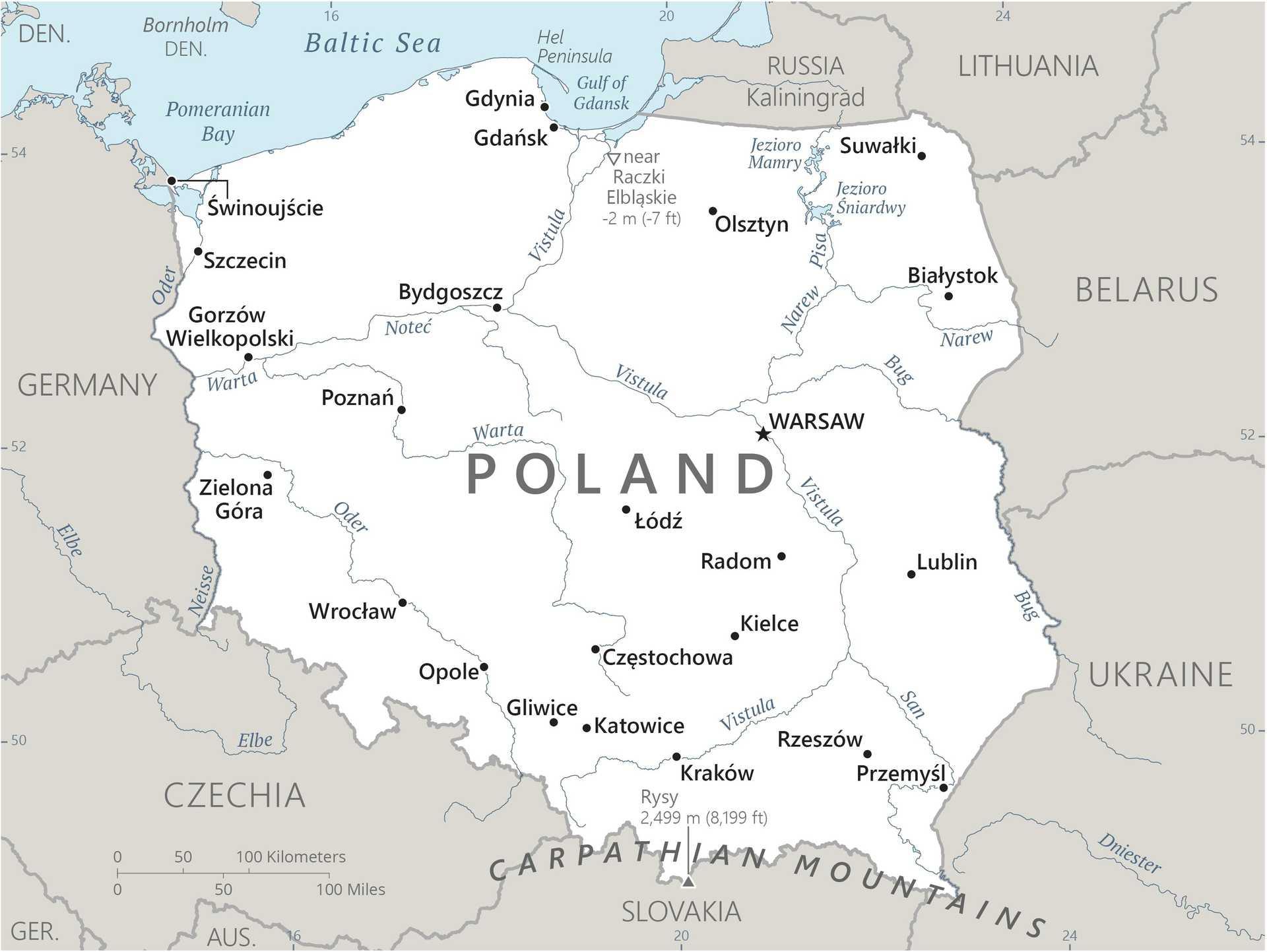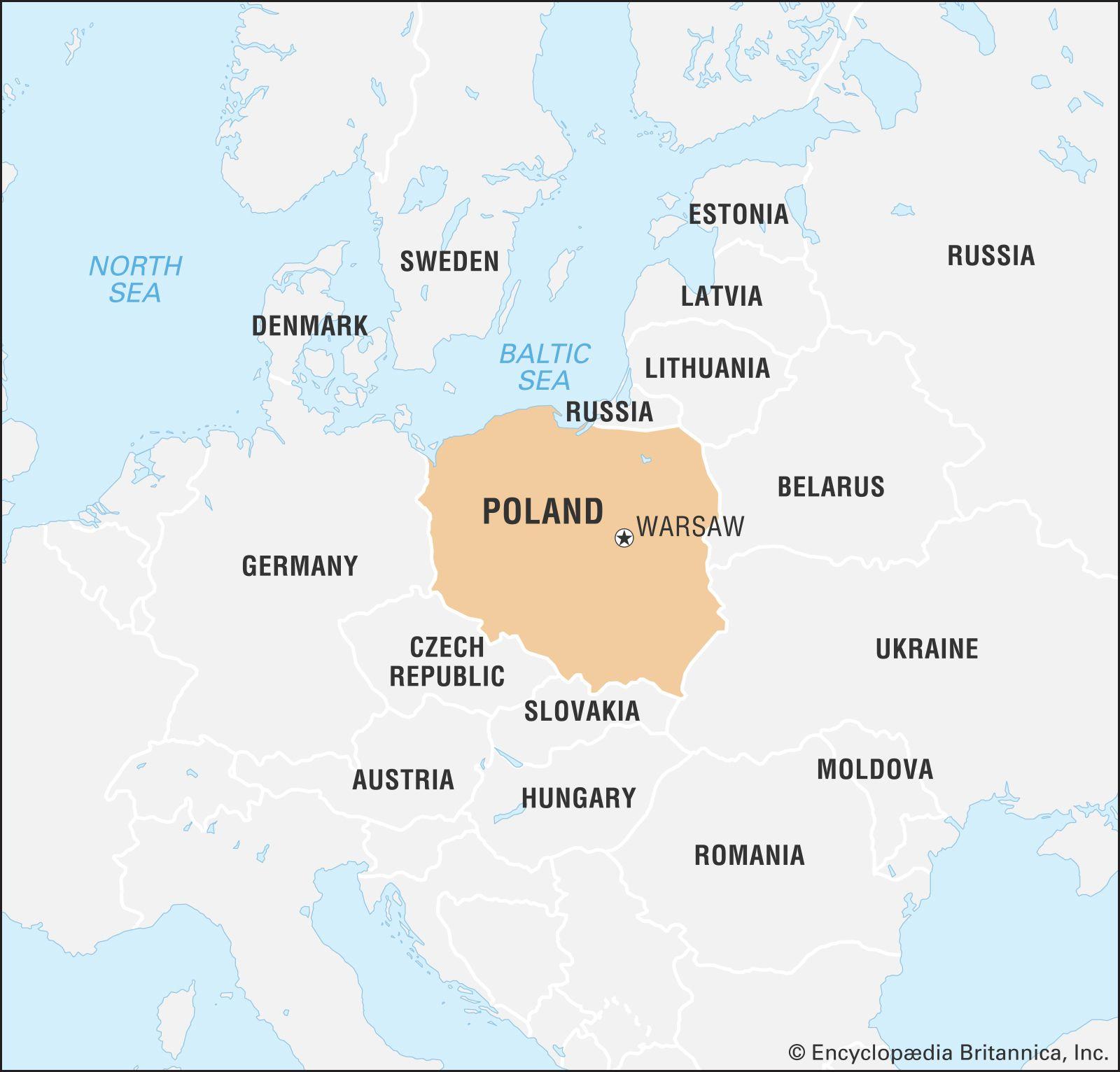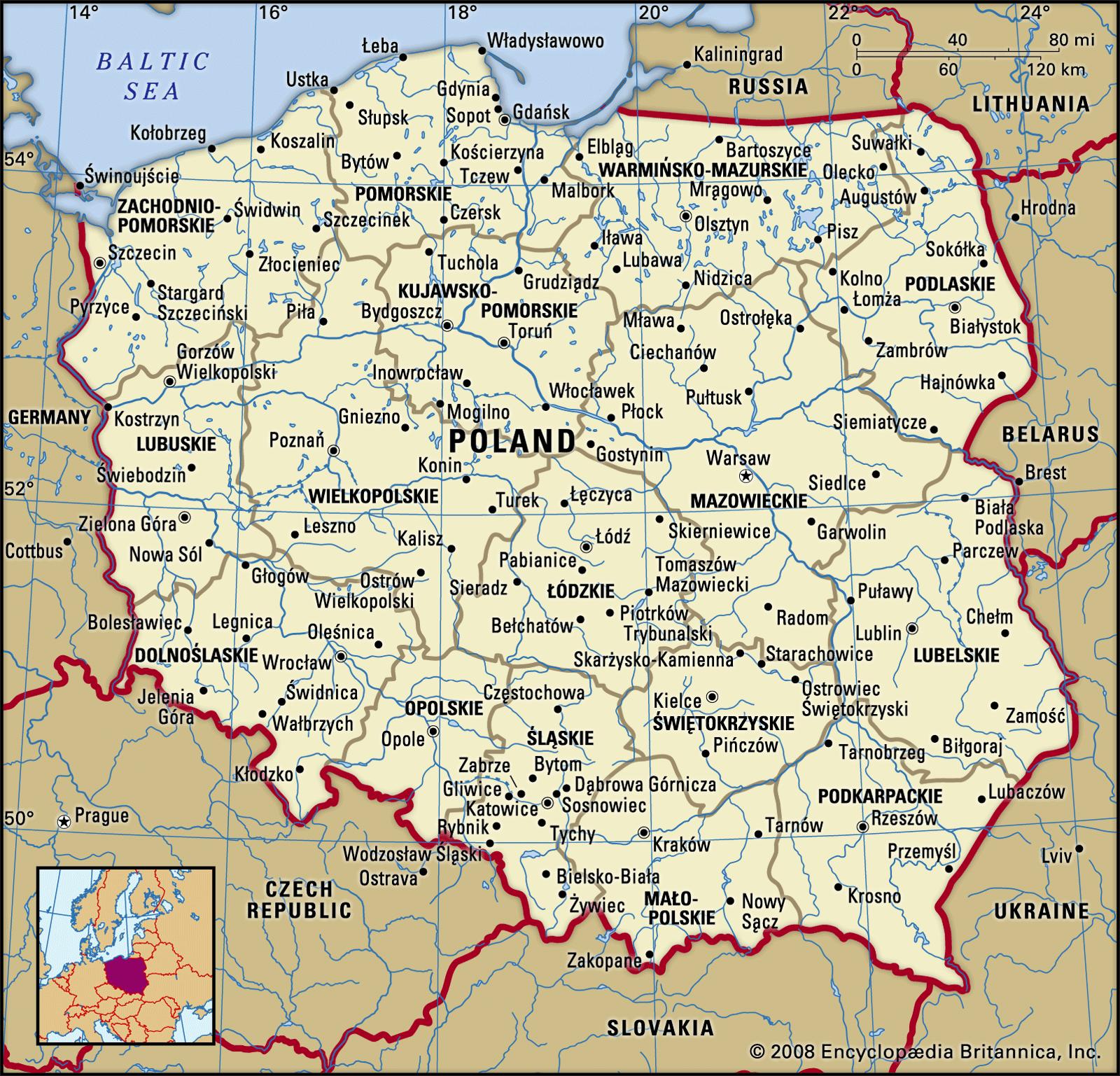The Financial Fallout: analyzing the EU Fine Against PolandS Conservative Government
The European Union’s decision to impose significant fines on Poland’s previous conservative government has sparked widespread discussion regarding the implications for the country’s economy. the financial penalties,imposed in response to breaches of EU regulations regarding judicial independence and rule of law,are not merely punitive; they threaten to destabilize various sectors of Poland’s economy that rely on EU funding and cohesion. As the current government grapples wiht the aftermath, the financial landscape is evolving with critical effects on investment and public trust in governance.
In practical terms, the fines could lead to the following outcomes:
- Impact on Public Services: Reduced funding from the EU could force the government to divert resources from essential public services, leading to potential disruptions in healthcare, education, and infrastructure projects.
- Investment Hesitance: Foreign investors may become wary of the Polish market,fearing political instability and regulatory unpredictability,which can stifle economic growth.
- Long-Term Economic Isolation: Continuous sanctions could alienate Poland from it’s EU partners, complicating future negotiations and funding opportunities.
As Poland navigates the aftermath of these fines, it faces a crossroads, where decisions made today will have lasting repercussions on its financial stability and international relations.

Understanding the Legal Implications: What Poland’s Struggles Mean for Future Governance
Poland’s recent experiences with significant fines from the European Union have wider implications that go beyond mere financial penalties; they highlight critical issues regarding the rule of law and governance. The EU’s decision to impose fines on the previous conservative government stemmed from a series of judicial reforms deemed incompatible with European standards. as legal disputes unfold, Poland’s current leadership faces the daunting task of navigating a complex relationship with EU institutions while attempting to restore public trust in democratic processes. The repercussions of these legal struggles suggest that future governance in Poland will likely prioritize compliance with EU regulations more rigorously, as failing to do so risks heavier isolation and further economic penalties.
Moreover,the inability to recoup the fines paid not only reflects a financial setback but also symbolizes broader questions about sovereignty and national governance in the context of EU membership. Stakeholders must consider how this situation will shape public perception of political accountability and transparency. Points to consider include:
- Reform Priorities: Will future administrations focus on judicial reforms that align with EU expectations?
- public Sentiment: How will citizens perceive the ongoing negotiations and disputes with the EU?
- Long-Term Governance: Can Poland maintain a balance between national interests and EU obligations?
In navigating these dilemmas, Polish lawmakers will need to adopt strategies that enhance both their legal standing within the EU framework and their commitment to democratic principles at home.

Restoring trust: Recommendations for Poland’s Current administration on EU Relations
To restore trust and mend relations with the European Union, Poland’s current administration must adopt a proactive stance focused on transparency, dialog, and legal compliance. Engaging directly with EU officials and stakeholders will be critical in reshaping perceptions. the government can consider the following strategies:
- Commit to Rule of Law: Reaffirm the importance of judicial independence and uphold the decisions made by EU courts to demonstrate adherence to shared principles.
- Open Lines of Dialogue: Initiate regular meetings with EU representatives and member states to address concerns and align on mutual objectives.
- Policy Revisions: Review and amend contentious legislation that has drawn criticism, ensuring it aligns with EU standards and values.
Additionally, the administration should prioritize economic collaboration, leveraging Poland’s strategic position within Europe. By enhancing participation in EU-funded projects and advocating for more favorable funding opportunities, Poland can exhibit its commitment to collective growth. Key recommendations include:
- Increased EU Engagement: Actively participate in EU summit meetings and committees to assert poland’s place and influence within the Union.
- Promote Regional Initiatives: Lead cross-border projects that foster cooperation in areas such as environmental sustainability and digital innovation.
- Strengthen Diplomatic Relationships: Cultivate stronger ties with other member states to facilitate negotiation and support within EU policymaking.

Navigating the Path Forward: Strategies for Poland to Secure Financial Stability and EU Support
In the wake of significant financial penalties imposed by the EU on Poland’s former conservative government, the current administration faces an uphill battle to reclaim lost funds and restore fiscal balance. Navigating this complex landscape requires a multifaceted approach that prioritizes both immediate relief measures and long-term economic strategies. Key to these efforts will be establishing a transparent and efficient governance structure that reassures EU counterparts and fosters investment confidence. Prioritizing dialogue with EU institutions to understand compliance requirements and demonstrating a commitment to democratic values will be essential in securing future funding and minimizing punitive measures.
To further solidify its financial standing, Poland can explore several strategic avenues. These may include:
- Strengthening economic partnerships with other EU nations to enhance trade relations and investment opportunities.
- Implementing targeted reforms in areas such as judicial independence and media freedom to align more closely with EU standards.
- Leveraging EU recovery funds to stimulate local economies, especially in sectors hit hard by recent crises.
Investing in sustainable projects and innovation will not only help to rebuild trust with the EU but also create a more resilient economy that can withstand future shocks. By focusing on collaborative efforts and sustainable growth, Poland stands a better chance of securing financial stability and EU support in the years to come.
